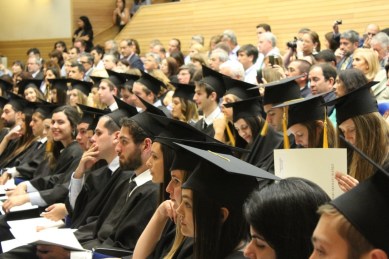Deeksha Teri covers education and has worked with the The Hindu (print division), WION and Stonebow Media. She is an alumnus of The University of Lincoln and The University of Delhi. ... Read More
© IE Online Media Services Pvt Ltd

The UK has been facing the challenge of reaching a mutual consensus on international students for the past few years. While the Rishi Sunak government was accused of invoking anti-immigration sentiment and policies, the Labour government is expected to take the opposite route.
Amidst this discussion, Universities UK — a collective of universities in England, Scotland, Wales and Northern Ireland — has released ‘Opportunity, growth, and partnership’, a blueprint for higher and international education.
However, the Universities UK blueprint has advised the new Labour government that “international collaboration is a cornerstone of UK universities’ success, fostering the capability, capacity and influence that gives the sector a truly global reputation”.
It is important to note that internationalisation in universities encompasses a wide range of activities and benefits, including collaboration in research; hosting international students; and delivering programmes overseas through transnational education.
Universities UK has advised the government to develop a global strategy for universities. The objective of this strategy should be to harness the global reach, reputation and impact of universities to create opportunity, foster prosperity and develop knowledge – both for the UK and our international partners.
The government has also been advised to review and benchmark immigration costs for academics, entrepreneurs and technical staff to ensure that the UK attracts talented people. Talking about international students, specifically, lately there has been a conversation around increasing the tuition fee to safeguard varsities. Tuition fees for domestic students have been held at £9,250 ($11,925) since 2017 and increased by only £250 in the past 12 years. Experts believe that if this cost is not increased, then it will not be able to match up with inflation.
This comes a few months after the newly-elected UK Prime Minister, Keir Starmer, abandoned his pledge to abolish tuition fees in order to prioritise tackling NHS waiting lists.
With the same in mind, Lord Willetts, who acted as commissioner for this section, has also suggested that the government “ensure policy stability in relation to international students in order to achieve sustainable, managed growth” and increase “funding for teaching to meet the real costs through a combination of linking fees to inflation and restoring the teaching grant.”
Additionally, Universities UK has also suggested that the government commit to the Turing Scheme for the lifetime of this Parliament and introduce two or three year funding allocations. The Turing Scheme is the UK government’s programme to provide funding for international opportunities in education and training across the world. Additionally, the organisation has also advised the government to consider the case for association to the next Erasmus scheme.